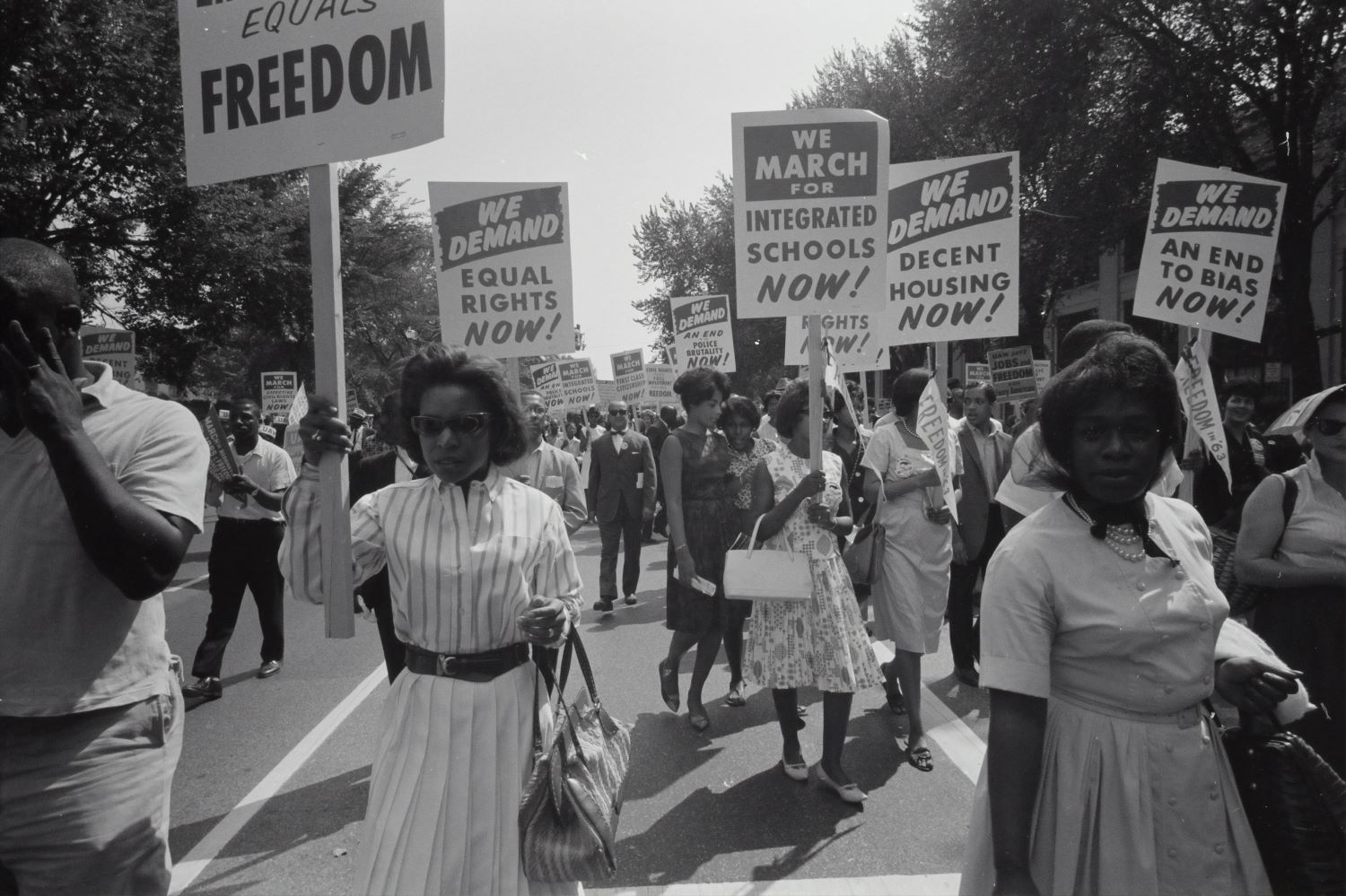1 My brothers, as believers in our glorious Lord Jesus Christ, don’t show favoritism. 2 Suppose a man comes into your meeting wearing a gold ring and fine clothes, and a poor man in shabby clothes also comes in. 3 If you show special attention to the man wearing fine clothes and say, “Here’s a good seat for you,” but say to the poor man, “You stand there” or “Sit at the floor by my feet,” 4 have you not discriminated among yourselves and become judges with evil thoughts?
James 2:1-4 (NIV)
In the American classic, Huckleberry Finn, young Huck is tormented by a choice: either turn in Jim (faithful friend and runaway slave) or help liberate him. It is an agonizing dilemma because Huck’s conscience was corrupted by a society that counted Jim inferior: He was property, and to aid him was “sin.” To side with Jim was to side against God. What was true along the banks of the Mississippi River in the 19th century is true today—a conscience, wrongly informed by the culture, can be easily led astray, in this case, straight into the sinful grasp of prejudice.
The Greek verb for “showing favoritism” is derived from the words for “face” (prosopon) and “receiving” (lambano). The offender is guilty of “superficiality” (also based on a word for face, viz., the Latin facies), of fixing on surface matters such as clothing and race. In Acts, God sent Peter a vision regarding clean and unclean animals, designed to stop this sort of shallow thinking. It prepared the apostle to testify to the Gentile Cornelius, “I now realize how true it is that God does not show favoritism (same expression as in James 2:1) but accepts men from every nation who fear him and do what is right” (Acts 10:34-35).
As for “discriminating among yourselves,” the Greek expression for discrimination is not always negative. In 1 Corinthians 12:10, it appears as a gift of the Spirit (“distinguishing between spirits”); in Hebrews 5:14, it characterizes the spiritually mature (“to distinguish good from evil”). When, however, that discrimination is based on superficialities, to the corruption of the fellowship, it is evil.
James feared that the vices of the culture had become the sins of the Church. Roman courts officially discriminated against the poor, denying them the right to sue the rich. He warned that followers of Christ were not to make such distinctions.
James focused on the poor neighbor, but the truth he spoke is rooted in broader biblical teaching on prejudice. Ethnic Israel was to embrace anyone whose heart was inclined to serve the Lord (Lev. 19:34; Deut. 31:12; Josh. 8:35; Isa. 14:1). These Old Testament provisions quietly precede the clarion New Testament call, that the Gospel transcends external distinctions, that in Christ “there is neither Jew nor Greek, slave nor free, male nor female” (Gal. 3:28).
For most of the 20th century, to be black in the American South was to be denied a seat at the front of the bus and at the lunch counter. Neither was the North innocent. In 1947, blacks including World War II veterans were denied housing in Levittown, Long Island, a community restricted to “members of the Caucasian race.” This mindset has woven social and economic injustice into the fabric of today’s society, embarrassed the Church, and obscured the gospel.
Regarding prejudice, a pastor’s life, as well as his words, is on trial. With whom does he speak? To whom does he witness? Who influences him? Whom does he prefer? If the church cannot answer, “My pastor prefers no man!” he has become a “judge with evil thoughts.”
